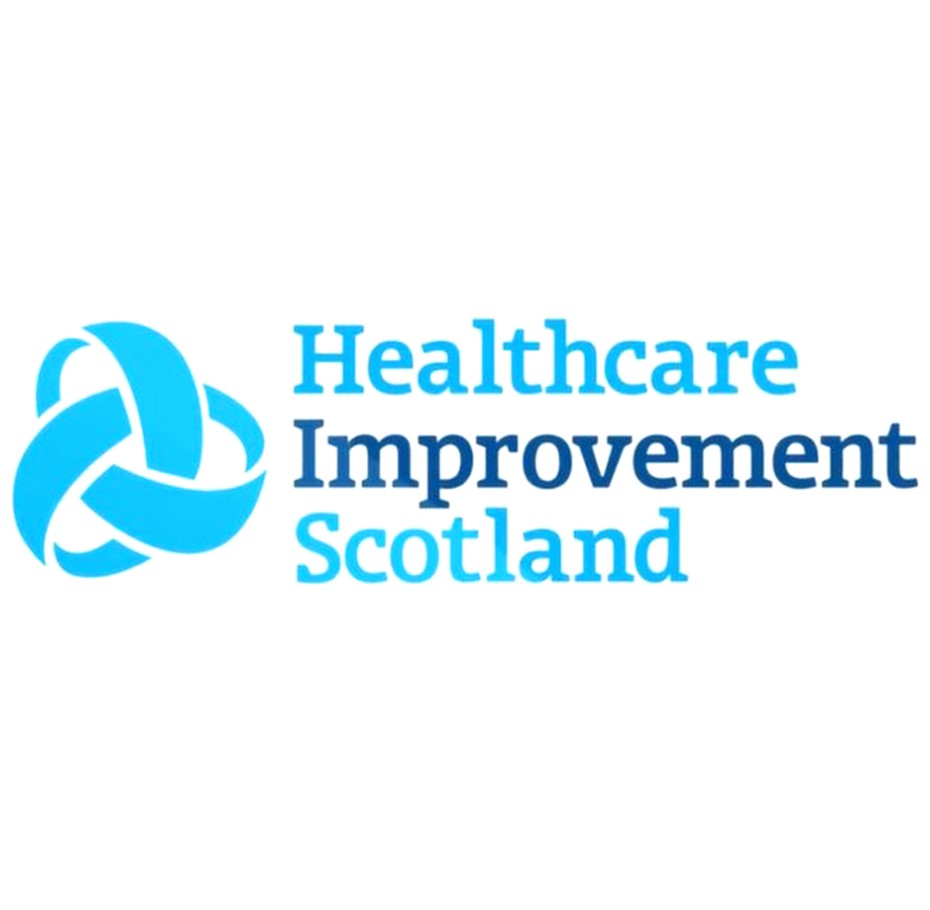Opioids for breathlessness

Introduction
Patient Information Leaflet
Opioids for breathlessness
Name of the medicine: Opioids that may be used for breathlessness include morphine sulfate, oxycodone, alfentanil, fentanyl and buprenorphine.
|
The information given in this leaflet should be read along with any patient information leaflet provided by the manufacturer with your medicine. Click Home - electronic medicines compendium (emc)and enter the name of your medicine in the search field. You can also find further information in the patient information leaflet found inside the medication box. |
What is it for?There are a range of opioids that might be useful for breathlessness The most commonly used opioid is oral morphine. If you cannot take morphine, you may be given oral oxycodone instead. Less commonly, “sublingual” (taken under the tongue) fentanyl and buprenorphine skin patches may also be used. Most medicines available in the UK have a licence. The licence describes the conditions the medicine can be used to treat, and the ways in which the medicine can be given. The manufacturer of the medicine has to show that the medicine is safe and made to a high standard before the medicine is licenced. The use of opioids for breathlessness is outside its licence. Medicines used in palliative care are quite often used this way. There is experience and research to support the use of opioids in this way. The person who prescribed your medicine will have carefully considered the benefits for you. The information in this leaflet is not included in the information leaflet supplied with the medicines. We are giving you this extra leaflet to tell you about the reason(s) why you are taking this medicine and to highlight other information. You should read both leaflets. What are the most common side effects I might have? You should contact your doctor or nurse if side-effects become troublesome. Some of the side-effects you may have while you are taking an opioid include:
FREQUENTLY ASKED QUESTIONSWill I become addicted to strong opioids and be unable to stop taking them? How will I know if my medication is not working so well for my symptoms? How will I know if my medication is giving me side effects? • more sleepy than usual Do not worry if this happens and do not stop taking the opioid suddenly. Tell your prescriber or a member of the team looking after you the day these symptoms occur, so they can advise on what to do next. Can opioids interfere with my other medicines? Yes, opioids may interfere with some other medicines you are taking. Your prescriber should look at your other medicines, and adjust them if needed, before you start taking the opioids. Can I drink alcohol? It is best to avoid alcohol as it may make you feel very sleepy when taken with opioids. General information about using medicines?Please remember to order your repeat prescription with a few days, spare to allow it to be processed. It is important not to order more medication than you need. Even if you return them to the pharmacy in future, they cannot be reused after they have been labelled for your use and must be disposed of. Your medication needs to be kept in a safe place out of the reach of children. It is important to store your medication the original container. Return ALL unused medication to a pharmacy. If for any reason you or your carer are UNABLE to go to the pharmacy, medication can be disposed of at home. However, it is important NOT to flush it down the toilet as this pollutes the water. Medication can be disposed of in a general waste bin, ensuring that cannot be accessed by children or animals, although disposal at a pharmacy is preferable. |